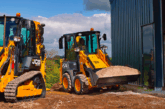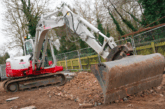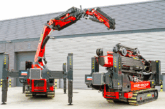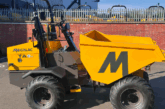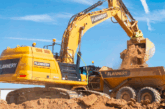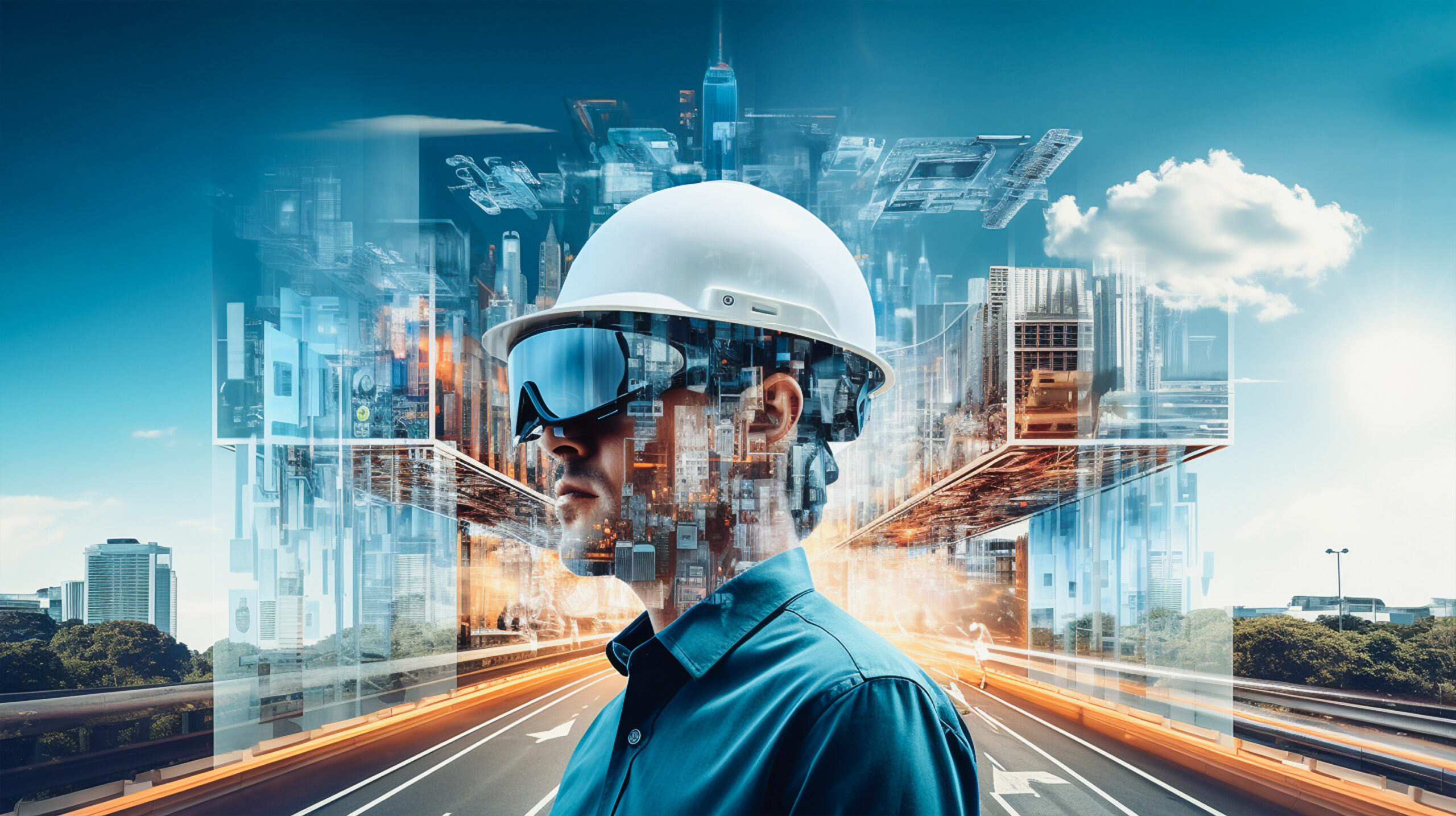
It’s open to debate but artificial intelligence (AI) is probably the biggest thing going on in construction machine development right now. As AI technology advances, its applications in construction are set to become even more sophisticated, offering more and more solutions that could transform how the industry operates.
One area of growth is autonomous machinery. A number of large OEMs already produce autonomous load carriers for quarries and the like. These AI-equipped machines can operate continuously and with high precision, reducing human error and increasing overall productivity. And other applications are following suit, such as Bobcat’s RogueX2, an autonomous compact loader, currently in the research and development stage.
Another emerging trend is the use of AI for predictive maintenance. Construction equipment and machinery are critical assets that require regular maintenance to avoid breakdowns and costly downtime. AI tools are analysing data from sensors installed on machinery to predict when maintenance is needed, based on factors such as usage patterns, wear and tear, and environmental conditions. This shift from reactive to predictive maintenance is helping companies minimize downtime, reduce repair costs, and optimise total ownership cost (TOC), while maximising resale values.
AI is also expected to play a key role in creating smarter, more sustainable infrastructure. As concerns about climate change and resource scarcity grow, the construction industry faces increasing pressure to adopt sustainable practices. AI can assist in this transition by optimising material use, reducing waste, and improving energy efficiency.
Moreover, AI-driven tools could enhance project collaboration and communication further. Future developments might include AI-powered platforms that automate routine administrative tasks, such as scheduling meetings or generating reports, freeing project managers to focus on more strategic aspects of their roles. Advanced natural language processing could also enable more intuitive interactions with AI systems, making them easier for all team members, regardless of technical expertise.
As AI technology continues to evolve, its integration into construction is likely to expand, providing new opportunities for innovation and growth. The construction industry, which has traditionally been slower to adopt digital tools, may find itself increasingly reliant on AI solutions to stay competitive in a rapidly changing landscape.
Artificial intelligence is emerging as a transformative force in the construction industry, offering tools and applications that improve efficiency, enhance safety, and drive innovation. While there are challenges to AI adoption, such as cost, workforce adaptation, and technological infrastructure, the potential benefits make it a worthwhile investment. By embracing AI and its related technologies, construction firms can position themselves to thrive in an increasingly digital future, building smarter, safer, and more sustainable projects.
The continued development of AI technologies presents an opportunity for the construction sector to fundamentally rethink and revitalise its processes and operations. As more companies recognise the value of these tools, the industry will likely see a shift toward more data-driven, efficient, and innovative ways of working.
Happy reading,
The CPN Team

